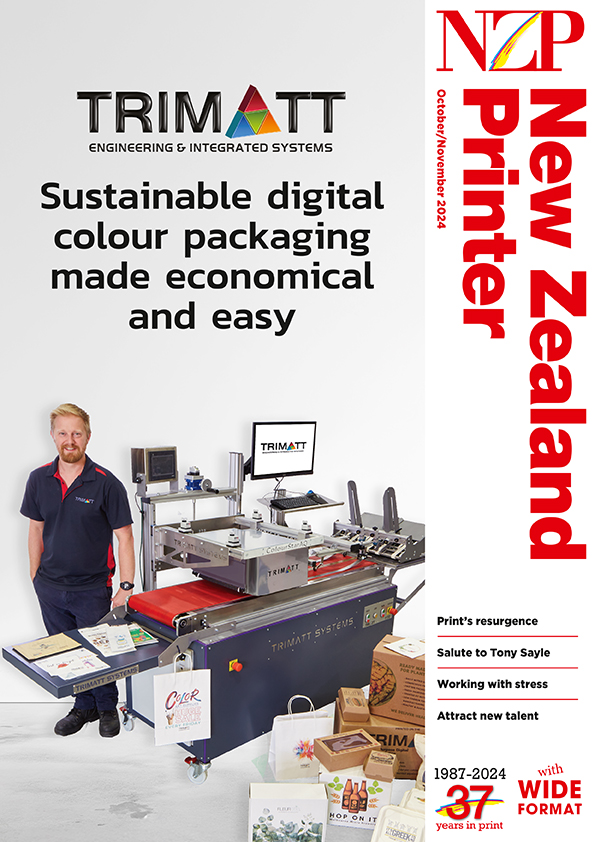Epson has invested in conductive textiles manufacturer AI Silk.
Used as materials for automotive parts and wearable devices in applications such as biological measurement, conductive textiles have issues in terms of manufacturing cost and durability, which Epson says AI Silk has solved. Among its products are Lead Skin and Lead Silk.
AI Silk has succeeded in making a variety of materials conductive, including silk, polyester, nonwoven fabrics and suede. The company achieved this by dramatically improving the manufacturing process. It adopted a proprietary conductive polymer coating technology based on technology invented at Tohoku University in Japan. This technology improves sensing accuracy by reducing conductive resistance. In addition, it improves the feel, texture, comfort, and durability of the textile while also reducing manufacturing costs.
AI Silk intends to use its third-party allotment of shares to expand volume production of Lead Skin. The company plans to expand beyond Japan and to sell Lead Silk as a material to meet the growing global demand for automotive parts and wearable devices such as EMS products. Also, it is considering expanding into the medical field.
Epson aims to give people lifestyle choices and enable them to live enriched lifestyles founded on physical and mental well-being. Epson says it invested invest in AI Silk because it sees Lead Skin as an interface technology for converting biological data captured through daily life into new value.
Epson hopes it can help to achieve a sustainable society by creating a variety of partnerships and synergies based on its proprietary technologies, products, and services.


